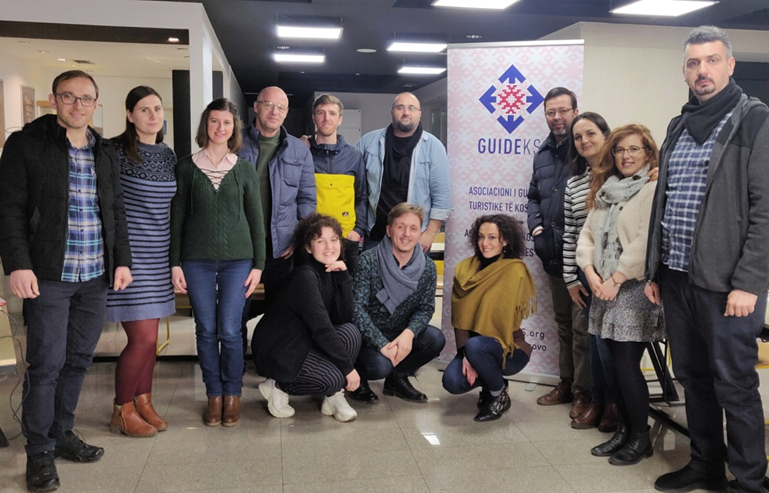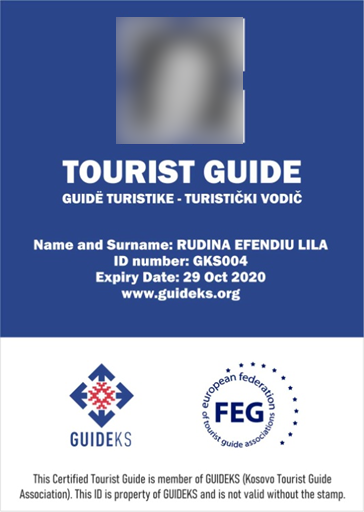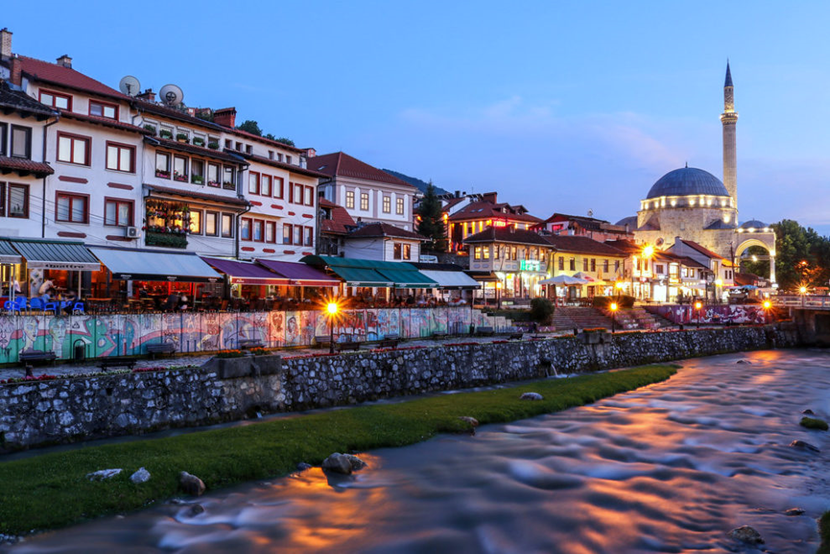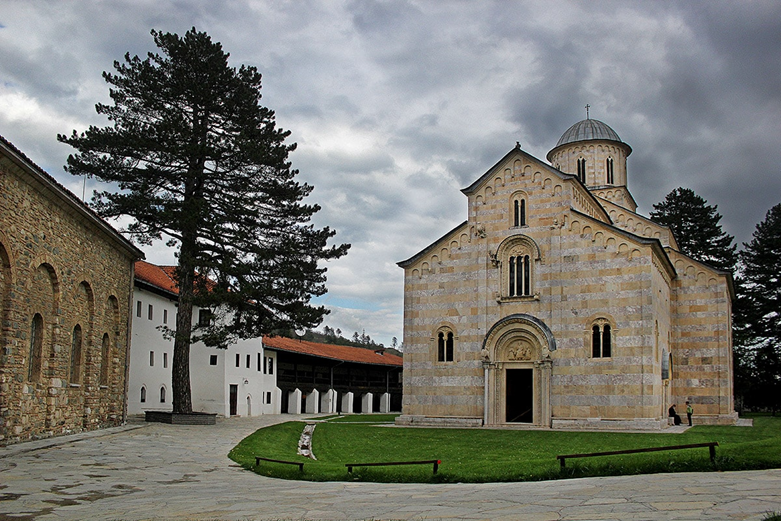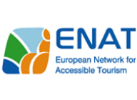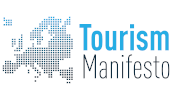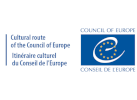1. What year was the Kosovo Tourist Guide Association established, and where is the headquarters?
Kosovo, the youngest country in Europe which declared independence in 2008, has not had qualified tourist guides for a long time like other European countries. The first training courses for the qualification of tourist guides started in 2006 resulting in the first generation of Kosovo tourist guides. However the organization of tourist guides under the single umbrella of an association did not happen until 2018 when a group of 8 tourist guides established GUIDEKS. Now, in 2021, the association has over 70 members spread across the different municipalities of the country.
The headquarters of the organization is in the capital of Kosovo: Rexhep Mala str., No.28A 10000, Prishtina.
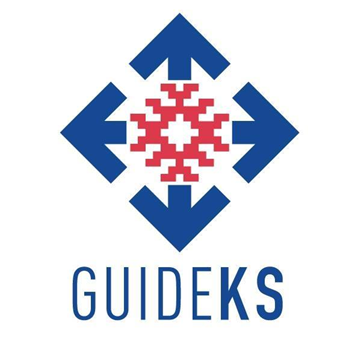
2. What is the primary mission/goal of the GUIDEKS?
Our primary mission is the development of tourism in Kosovo through the promotion of qualified tourist guides.
To achieve our mission we carry out a range of promotional activities that promote Kosovo as a tourist destination; promoting natural heritage and environmental protection in Kosovo; promoting the protection of heritage and cultural diversity in Kosovo; promoting the professional skills and knowledge of our members; promoting the profession of guide to the younger generations; continuously developing the professional capabilities of guides through various forms of education/training; providing assistance and consultancy to national and international tour operators; conducting various thematic research into the function of the tourism sector and other topics that are related to tourism; advocacy for market regulation and the protection of the guiding profession in Kosovo; last but not least, cooperating with central and local institutions and other strategic national and international partners in the field of tourism.
